Speech
Speech - the ability to pronounce the sounds in words - develops gradually over the preschool period and beyond. Initially children will use a smaller range of consonant sounds and these should increase as the child develops. Feel free to download this leaflet describing the expected development of consonant sounds.
When to seek help
Many young children simplify words, replacing more difficult to produce sounds with easier ones (e.g. saying 'tun' for "sun"). As they develop these simplification processes should stop. A list of simplification processes and ages these generally have ceased can be seen here.
I work with children who have difficulty producing consonant or vowel sounds accurately and children who continue to simplify words beyond the ages expected. As a guide you should seek help for your child if he/she is:
Not using'b', 'd', 'm','n' and 'w' accurately in words by 2 years of age
Not using 'p','b','t','d','m','n','w' accurately in words by 3 years of age
Missing off the final or initial sounds of words when over 3 years of age
Not using 'p','b','t','d','m','n','w', 's', 'f' 'z','v' accurately in words by 3½ years of age
Not using 'p','b','t','d','m','n','w', 's', 'f' 'z','v', 'sh', 'k','g' accurately in words by 4 years of age
Consistently using incorrect vowel sounds (e.g. bar for "bee") at any age
Using sounds not normally heard in the English language at any age
Not able to use consonant clusters (e.g. sp in spider, tr in train) by 4 years of age
I am happy to have an informal discussion to advise on whether your child needs an assessment. Also see the talkingpoint website here for more information and a progress tracker
What I offer
I use a number of evidence-based techniques including Dynamic Temporal and Tactile Cueing (DTTC), Meaningful Minimal Contrast Therapy, Core vocabulary Therapy, the Cycles Approach, Rapid Syllable Transition Training and the Nuffield Dyspraxia Programme.
In most cases I would suggest booking a block of 6 - 10 sessions. In the first session targets will be jointly agreed which will then be worked towards in future sessions.
Home practice is vital for progress and personalised homework is provided after each session to you and your child’s educational setting.
The key with this type of therapy is providing many different exciting ways of getting your child to practice producing the target sounds - I have a lot of activities, games and ideas to make this happen.
WHAT YOU CAN DO YOURSELF
My Top Tips:
When your child makes a speech sound error repeat back to them accurately without asking them to repeat.
Use 'auditory bombardment' this is where your child hears a sound they have trouble producing at the beginning of may words in a short time e.g. if your child has trouble producing the 'f' sound you could make a bag of things which start with 'f' (fish, fireman, fox, fence) then go through them saying "I found a .."
Don't assume that your child is being lazy! Children can sometimes produce a sound on its own or in short words before they can use it in sentences, it takes longer for children to perfect sounds in their everyday speech than when they are focusing on them in a single word.
If your child is very difficult to understand it can be useful to provide their nursery with a list of how they produce common words. It may also be helpful to encourage them to use gestures to support their communication.

